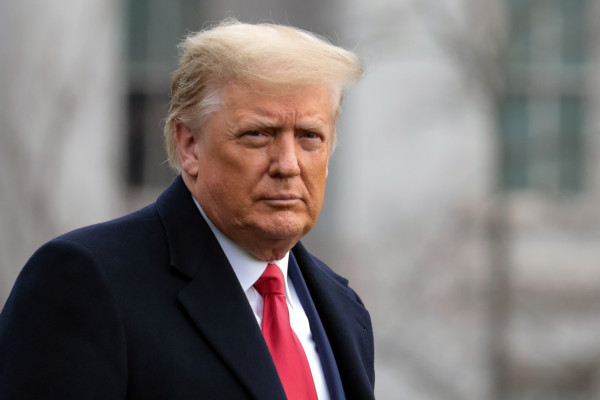Durham Report Unmasks Multi-tiered Conspiracy against Trump: A Detailed Analysis

Special prosecutor John Durham's 305-page report, issued yesterday, unveils a stunning collusion between the Clinton campaign, the FBI, and the media, reminiscent of a complex Agatha Christie mystery, where the "impossible must be possible in spite of appearances."
The report reveals a meticulously crafted conspiracy aimed at fabricating a collusion narrative between the Trump campaign and the Russian government. This seemingly implausible plot was known to the CIA and FBI, and even briefed to President Barack Obama and his national security team, according to the report.
The conspiracy involved numerous players, including key figures in the campaign, government, and media. The Clinton campaign appears to have masterminded the Russian collusion theory, encapsulated in the infamous Steele dossier, financed and camouflaged as legal expenses by the campaign's general counsel, Marc Elias. Notably, this funding was later penalized by the FEC for its concealed nature.
Disturbingly, the report points out how high-profile figures in the campaign and the media denied involvement in the dossier. John Podesta, Clinton’s campaign chairman, unequivocally denied any contract with Fusion GPS during a Congressional questioning, with Elias present, who did not correct the misinformation given to Congress.
The report further implicates the FBI in this grand conspiracy. Despite early discrediting of the dossier by American intelligence, which suspected it as Russian disinformation, the FBI launched a sweeping investigation. Durham's report condemns the FBI for its bias, marked by a noticeable departure in its approach to allegations against the Clinton campaign.
Regrettably, the media played a critical role in this plot, promoting the dossier's contents as verified information. Despite the absence of supporting evidence for the salacious claims made in the dossier, major media outlets persisted in endorsing its credibility.
Despite the damning revelations in Durham's report, all involved in this conspiracy have evaded significant repercussions. Comey has profited from book deals and speaking engagements on "ethical leadership," while Marc Elias advises on election ethics and runs a group to "defend democracy."
The report illustrates a disturbing picture of collective wrongdoing where culpability is diffused due to the multitude of conspirators. In a startling twist, it seems that in Washington, the more people implicated in a conspiracy, the less blame is assigned. The conclusion appears to be: They all did it, so no one did.














